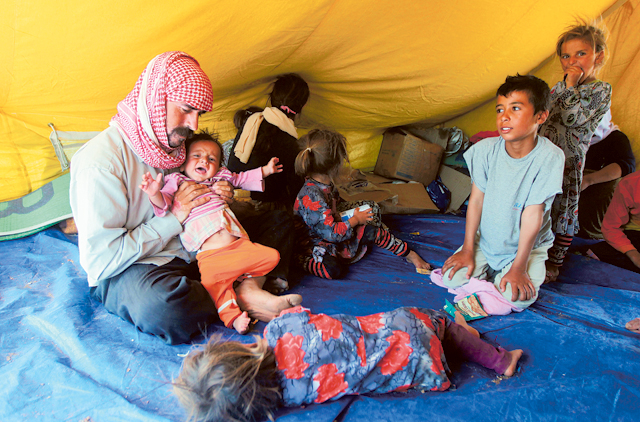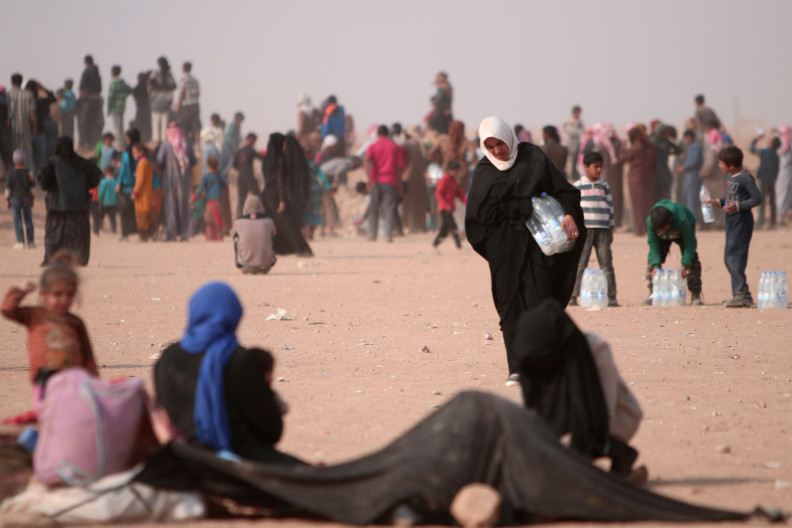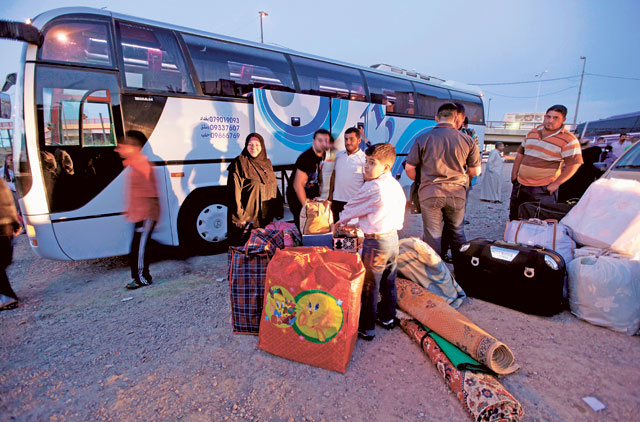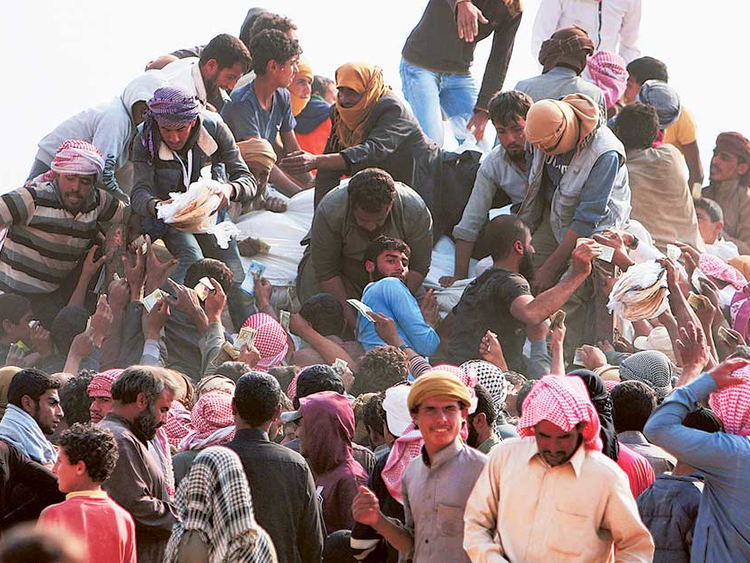BAGHDAD: Iraqi authorities are increasing pressure on families in displacement camps in Anbar province, who fled their homes during the war against Daesh, to return to their homes ahead of national elections in May, international aid agencies warned on Wednesday.
The 2014 Daesh blitz that resulted in the capture of large areas in northern and western Iraq and the more-than-three-year war that ensued displaced nearly 6 million people. The majority have returned to their homes, but about 2.6 million people are still uprooted.
The Danish Refugee Council, the International Rescue Committee and the Norwegian Refugee Council said the drive comes as Iraqi officials have suggested they would like to see people moved back to retaken areas to vote because it isn’t currently possible to vote in displacement camps.
“It’s tragic to think that people feel safer in camps than in their homes when this conflict has supposedly ended,” said Petr Kostohryz, NRC country director in Iraq.
The 32-page report, titled “The Long Road Home,” includes interviews with people living in displacement camps in Anbar and found that 84 per cent of the displaced families feel safer in camps than back home and more than 50 per cent have homes that are damaged or destroyed.
Some of the families, the agencies said, face the possibility of death or serious injury from unexploded bombs, while lack of services and retribution against those perceived to have links with Daesh have pushed others into secondary displacement.
“People are afraid of retribution, unexploded bombs, or simply have nowhere to return to,” Kostohryz said. “There can be no hope for peace in Iraq if the authorities cannot guarantee that people can go back home safely.”
Between November and December 2017, about 9,000 people were forced from three displacement camps in Anbar back to their homes as well as others in the capital Baghdad, the report showed.
The report said many of the returns “are premature and do not meet international standards of safety, dignity, and voluntariness.”
In December, Iraq’s prime minister declared victory over Daesh. But the victory came at a high price as the war left thousands of homes and infrastructure partially damaged or destroyed at a time when Iraq is struggling with economic woes.
















